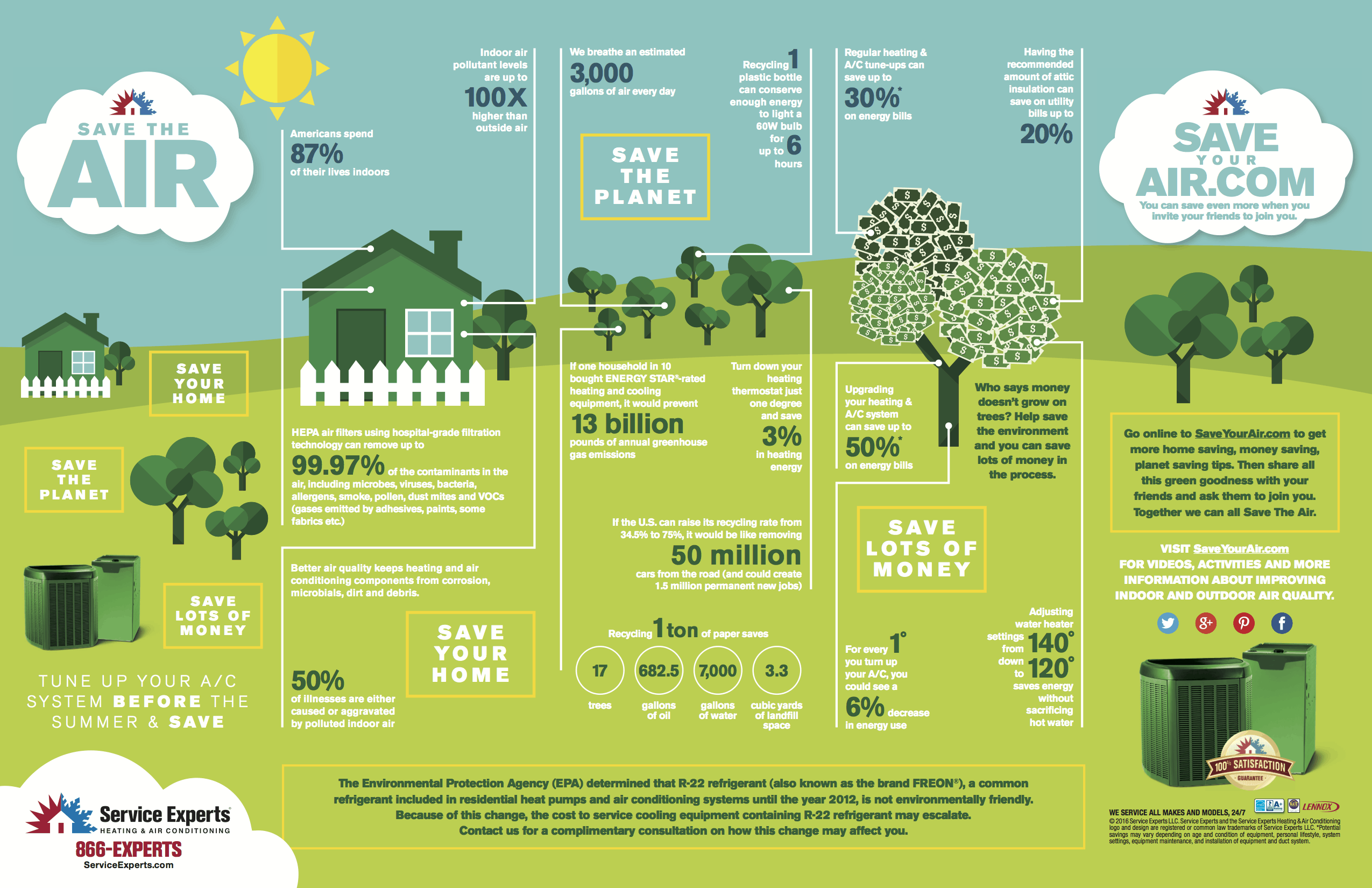When determining in between air source and ground resource heatpump, you may find yourself weighing factors like performance, price, and environmental influence. Each choice provides distinct benefits, but which one aligns best with your needs and priorities? As you discover the distinctions in between these 2 kinds of heatpump, you'll discover crucial insights that can guide you in the direction of making an educated choice that matches your special circumstances. Keep tuned for a deeper study the subtleties of air source versus ground source heatpump to assist you browse this important option.
Efficiency and Performance Comparison
When comparing air resource and ground source heat pumps for performance and performance, it's necessary to consider how each system operates in various conditions. Air source heat pumps draw out warmth from the outdoors air, making them a lot more at risk to variations in temperature. This indicates they could be much less reliable in very cool climates.
On https://www.bobvila.com/articles/roof-repair-cost/ , ground source heatpump utilize stable below ground temperature levels for warmth exchange, supplying even more consistent performance despite outside weather. Ground resource heatpump are commonly a lot more energy-efficient over time as a result of the secure warm source underground. In addition, ground source heatpump often tend to have a much longer lifespan compared to air resource heat pumps, which could impact long-lasting performance and upkeep costs.
Price Evaluation: Setup and Maintenance
For a comprehensive contrast between air resource and ground source heatpump, it's vital to assess the prices connected with their installation and upkeep. Air resource heat pumps normally have lower ahead of time installment prices contrasted to ground source heat pumps. The setup of air resource heat pumps entails less complicated excavation and exploration, making it a more affordable option for lots of property owners.
Nonetheless, ground resource heatpump are understood for their higher efficiency, which can result in reduced lasting energy prices, potentially balancing out the preliminary installation expenses over time.
When it pertains to maintenance costs, air resource heatpump are generally less complicated and less expensive to keep contrasted to ground resource heatpump. Ground source heatpump require periodic checks on the underground loophole system, which can incur extra maintenance expenses.
On the other hand, air source heat pumps typically call for easy filter adjustments and occasional expert assessments, keeping maintenance prices fairly reduced.
Consider both the ahead of time installment costs and long-term upkeep expenditures when deciding between air resource and ground source heat pumps to determine which alternative aligns best with your budget and needs.
Environmental Influence Assessment
Evaluating the environmental effect of air resource and ground source heatpump is necessary in understanding their sustainability.
Air source heat pumps require electrical power to operate, which can lead to increased carbon discharges if the electrical power originates from fossil fuels. On the other hand, ground resource heatpump utilize the steady temperature level of the ground to warm and cool your home, causing lower power consumption and minimized greenhouse gas exhausts.
The installment of both types of heatpump entails some degree of ecological influence, such as using refrigerants in air source heatpump or the excavation required for ground loopholes in ground resource heatpump. Nonetheless, ground resource heatpump have a longer life-span and higher efficiency, making them a more eco-friendly choice over time.
Verdict
When deciding in between air resource and ground source heatpump, consider your environment, budget plan, and environmental goals. Air source heat pumps are a lot more economical in advance, however ground source heat pumps supply greater effectiveness and long-term financial savings. Choose ventilation service christchurch that straightens with your priorities and requirements for a comfy and lasting home heating remedy.
